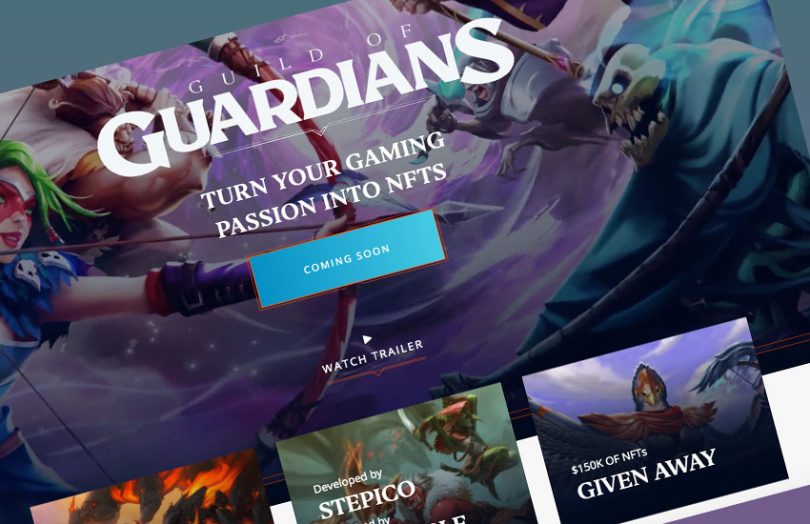Yesterday games company Ubisoft launched the sixth iteration of its Entrepreneurs Lab with a major focus on blockchain. This year’s version has two themes, blockchain and positive entertainment. Five of the 11 startups are blockchain-focused. The previous fourth and fifth Lab iterations each featured five blockchain startups, including Sorare, the sports nonfungible token (NFT) platform on which Ubisoft has now based a fantasy football game.
“The Entrepreneurs Lab is a great program for innovative startups to collaborate closely with Ubisoft and for us to mutually benefit from each other’s expertise and ideas,” said Virginie Haas, Chief Studios Operating Officer at Ubisoft.
While Sorare has now graduated, this year’s blockchain startups are Aleph (France), Crucible (United Kingdom), Guild of Guardians (Australia), Horizon (Canada), and NonFungible (Canada).
Aleph.im provides decentralized storage and compute to various blockchain networks. Blockchains aren’t an appropriate place to store files because the blockchain’s size would become even more enormous, never mind privacy issues. However, offline storage introduces centralization. Hence decentralized storage systems are popular and, like Aleph, support the Interplanetary File System (IPFS) protocol. Aleph.im aims to provide a decentralized file system and additionally database and off-chain computing. It likens itself to a decentralized Amazon Web Services.
Ubisoft will run one of 50 ‘core channel’ nodes on the aleph.im network that validate and manage the network, and provide storage. The giant games company also recently announced it would run a node on the Tezos blockchain, becoming a ‘corporate baker’.
Crucible provides a Software Development Kit (SDK) that enables game developers to support blockchains, self sovereign identity, cryptocurrencies, and marketplaces for in game items and collectibles.
Guild of Guardians is a blockchain game that hopes to be the first to reach mainstream success. Its website notes that players spend $100 billion a year on in-game items which they don’t truly own. “Players deserve to be able to own and trade their assets for real money,” says the website. Hence its business model offers a free-to-play mobile RPG where in-game items are NFTs. We presume they will earn money on item sales and a cut on NFT re-sales.
The Game Lead for Guild of Guardians, Derek Lau said, “Blockchain and NFTs in gaming is an area that every top gaming studio in the world is currently looking at. We’re excited to share our learnings with Ubisoft and to get their unique perspective on how we can grow Guild of Guardians into a title with significant mainstream success.”
Like Guild of Guardians, Horizon also focuses on player-owned economies. It started off developing Skyweaver, a competitive trading card game that uses Ethereum. In the process, it developed various protocols and infrastructure, which resulted in the ‘Sequence’ blockchain stack for virtual worlds.
The final blockchain participant is NonFungible.com, one of the major NFT data companies. When you see the latest stats quoted about how much revenue Sorare has generated, it may have come from NonFungible.com






